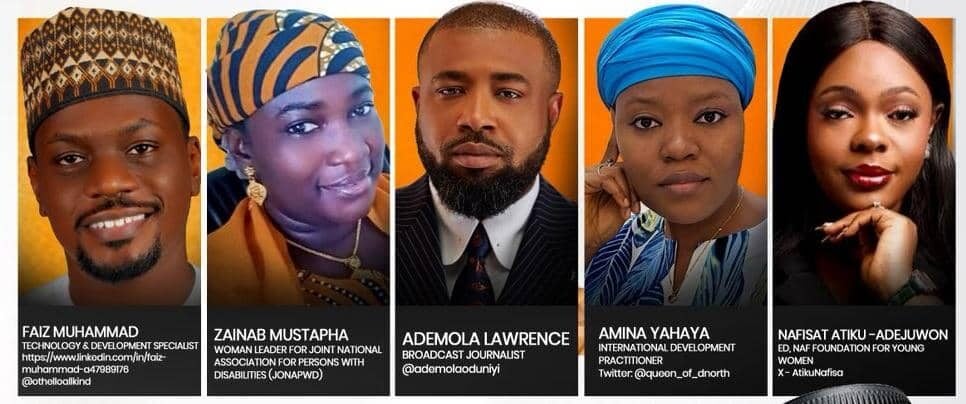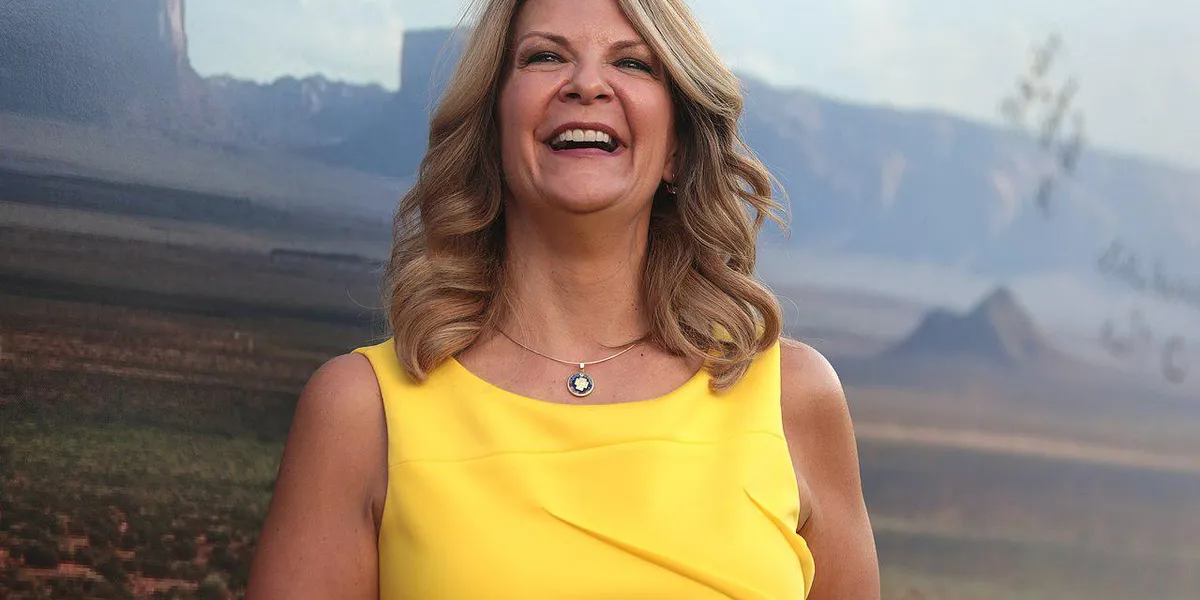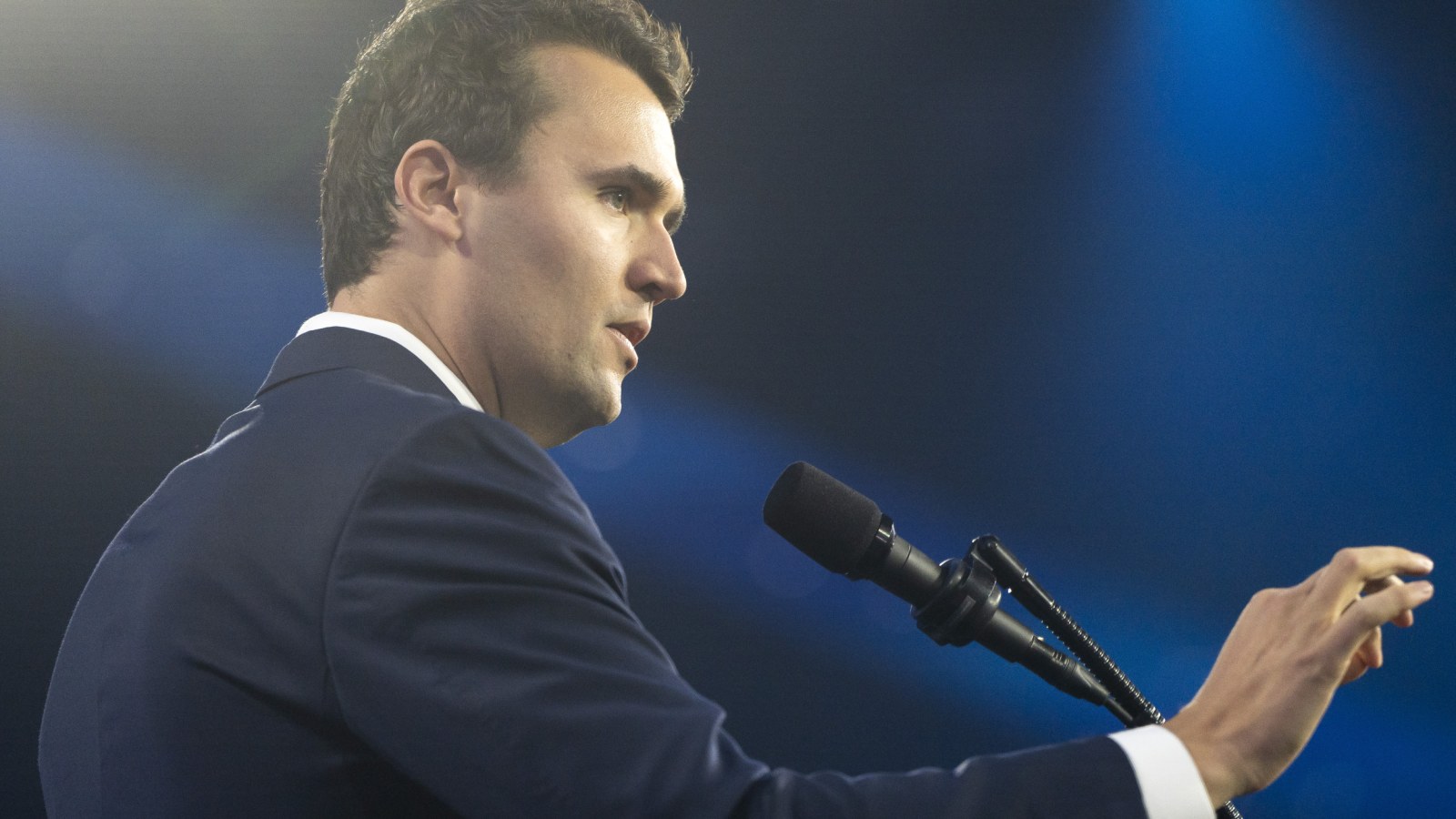By Bode Gbadebo
Copyright leadership

As Nigerians await the House of Representatives’ vote on the Reserved Seats Bill in October, HEIR Women Hub has amplified calls for inclusive leadership, one that recognises the voices of older and younger women, persons with disabilities, and other marginalised groups.
This was the focus of a knowledge-sharing webinar themed “Influencing the Reserved Seats Bill – Who Are the Beneficiaries?”, convened to deepen understanding of the Bill and highlight its potential to transform Nigeria’s political landscape.
The event brought together gender advocates, policymakers, disability rights leaders, technology experts, and development practitioners, to press for guaranteed legislative seats for women, youth, and underrepresented communities.
HEIR Women Hub executive director, Anuli Aniebo, underscored the urgency of passing the Bill into law and expressed concern about low public awareness. She revealed that the organisation has launched petitions, surveys, and volunteer platforms to gather evidence and mobilise citizens ahead of the October vote.
“The goal of this advocacy is to organise around the Reserved Seats Bill, increase awareness, and ensure every citizen understands what is at stake,” she said.
“Young people, especially young women, must be centred in this push, because this Bill can open doors for them to participate meaningfully in decision-making once it becomes law.
“Inclusive leadership is not just about adding numbers; it’s about reshaping governance. This Bill is a chance to write a new chapter in Nigeria’s democratic story,” she added.
In her goodwill message, renowned gender advocate Ene Ede described the Bill as “historic,” noting its potential to calm Nigeria’s tense political climate and create space for those long excluded.
“Reserved seats will allow younger women, women with disabilities, and marginalised ethnic nationalities to finally have a voice in parliament. That is how true inclusion will play out,” she said.
On her part, Dr. Abiola Akiyode-Afolabi, a leading women’s rights campaigner, emphasised intersectionality, cautioning that representation must cut across diverse categories of women.
“Women are not homogenous. We must not forget women with disabilities, grassroots women, sex workers, and minority groups. The Reserved Seats Bill is one of the most minimal but most important steps we can take, and it must be passed without delay,” she urged.
On disability rights and accessibility, Zainab Mustapha, Women Leader of the Joint National Association of Persons with Disabilities (JONAPWD), lamented the absence of women with disabilities across Nigeria’s 991 legislative seats.
“We have zero representation of women with disabilities. The Bill provides a framework to correct this exclusion and ensure political accessibility,” she said.
She added that awareness campaigns must also address deep-seated biases about the leadership abilities of persons with disabilities while improving physical accessibility in public buildings and political institutions.
Technology and development specialist, Faiz Muhammad, highlighted how digital tools can break down barriers to participation.
“Technology can remove financial and geographic limitations by bringing civic education to rural populations in local languages,” he said.
He also urged men to become visible champions of the Bill. “Inclusive leadership is not a women-only issue; it requires male allies to dismantle cultural and structural barriers,” he added.
Broadcast Journalist and advocate Ademola Lawrence echoed this call, noting that men must view leadership as a matter of capacity, not gender.
“Leadership is about individuals, not about gender. If women can lead banks and global businesses successfully, they can also lead in politics,” he said. “Men must change their mindset and actively support the Reserved Seats Bill so it becomes a legacy for future generations.”
Meanwhile, Nafisat Atiku-Adejuwon, co-founder of Young African Women for Democracy, stressed that young women must be given space to lead within political parties.
“We cannot just say we want youth inclusion; we must create the platforms, roles, and opportunities for young women to take ownership and run with them,” she said.
She added that perception is critical and that political parties must break down barriers to allow more women to contest leadership positions.
“This cannot afford to be an elitist conversation. It needs to be a discussion that every Nigerian has a pulse on, no matter who you are or where you live,” she said, calling for wider partnerships and coalitions,” she added.
International development practitioner Amina Yahaya pointed to lessons from Rwanda, Tanzania, Kenya, and Uganda, where constitutional quotas and party structures have secured lasting representation.
“Making this Bill constitutional gives it legitimacy and enforceability. Without that, advocacy remains toothless,” she said.
She also urged that advocacy should extend beyond Abuja to states and grassroots communities, stressing the importance of cohesion:
“There has to be synergy. Group A may focus on young women, Group B on persons with disabilities, but we must not work in silos. Lessons from each effort must feed into a stronger collective push.
Speakers agreed that passing the Reserved Seats Bill could mark a turning point for inclusive governance in Nigeria — giving women, youth, persons with disabilities, and other marginalised communities a stronger voice in shaping national policy.



